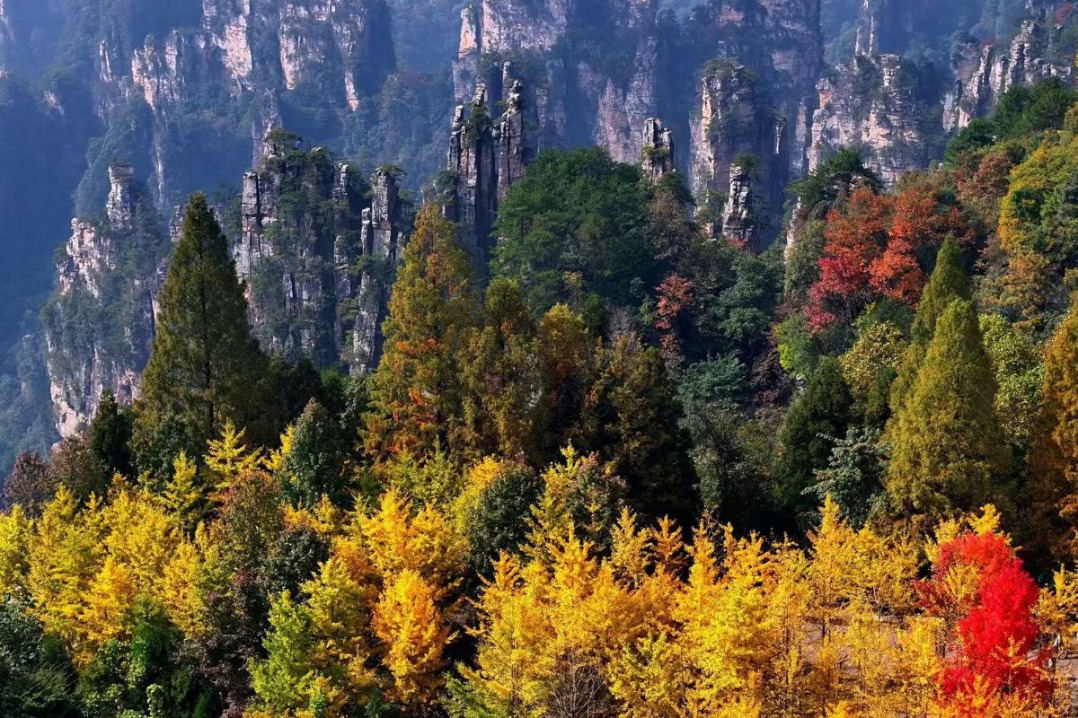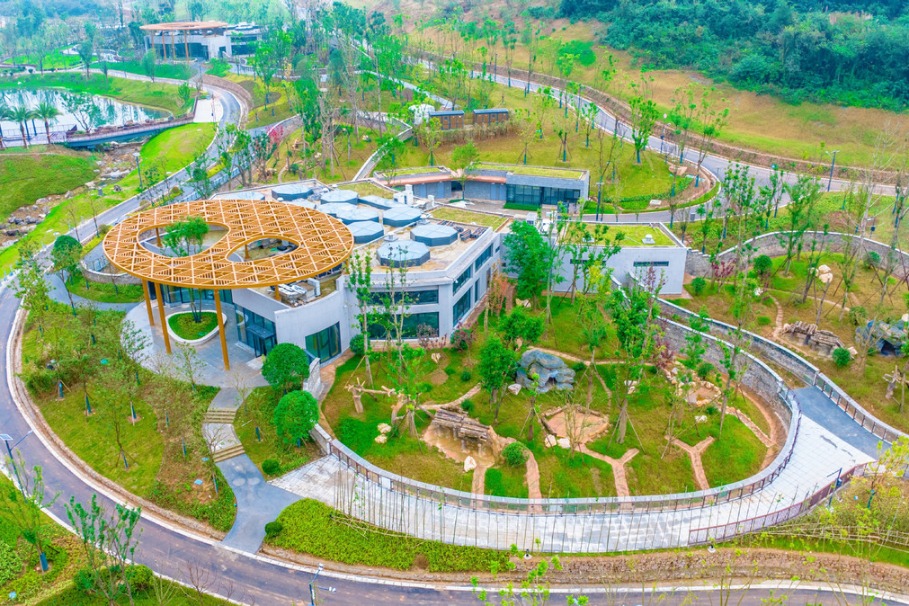Global wisdom to aid conservation


China looks forward to sharing experiences in building an ecological civilization and gathering global wisdom for ecological governance at the upcoming 5th World Congress of Biosphere Reserves to be held in Hangzhou, Zhejiang province, an official said on Tuesday.
Speaking at a news conference held by the State Council Information Office, He Hongping, vice-president of the Chinese Academy of Sciences, said the congress will be a crucial platform for international exchange, and will deepen scientific partnerships to tackle fragmented ecological governance through systematic thinking.
"We'll promote new models of green development with interdisciplinary research and enhance the smart management of protected areas using digital technology," he said.
The UNESCO congress is scheduled for Sept 22 to 25. The gathering is expected to draw delegates from over 150 countries and regions, he said, adding this marks the first time the decennial event will be held in Asia.
The congress aims to discuss and adopt the Hangzhou Strategic Action Plan for UNESCO's Man and the Biosphere Programme and its World Network of Biosphere Reserves, setting the direction and goals for the next decade, according to He.
The event will also see the release of the Hangzhou Declaration, underscoring China's commitment to working with the international community to tackle ecological challenges and build a shared future for all life on Earth.
China joined the Man and the Biosphere Programme in 1973 and currently leads Asia with 34 UNESCO-designated world biosphere reserves.
"The nation's efforts in biodiversity conservation and sustainable development are supported by significant technological innovations," He said.
For example, the Chinese Academy of Sciences conducts nationwide ecosystem surveys and assessments, providing comprehensive data for decision-making on ecology and environment issues.
China has developed intelligent species identification technologies that combine image, sound, and video recognition. These technologies, combined with satellite remote sensing, drones and mobile smart terminals, have been applied in biosphere reserves such as the Wuyi Mountain in Fujian province, offering crucial support for smart management and ecological restoration.
Yuan Jiming, director of the National Forestry and Grassland Administration's nature reserve management department, told the news conference that China has made progress in developing nature reserves. By integrating over 120 existing nature reserves into five national parks, China has improved ecosystem quality.
For example, the Three-River-Source National Park has seen an 11 percent increase in grassland vegetation cover and a 30 percent rise in grass production over the past decade, he added.
In some parts of nature reserves, China allows ecotourism, nature education and ecological experiences that connect the public with nature. The first five national parks offer over 20 ecotourism routes while providing educational and recreational opportunities, Yuan said.
"Efforts have been made to improve livelihoods in and around protected areas through policies that support green industries. Communities benefit from developing unique agricultural, forestry, fishery, and livestock products. Local residents are employed as forest rangers and educators," he said.




































